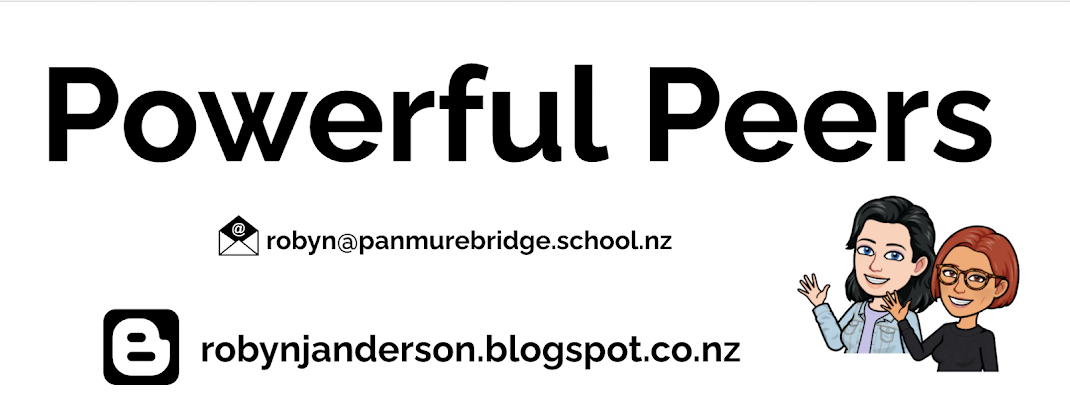“Recognising and spreading sophisticated pedagogical practice across our community so that students learn in better and more powerful ways...”The Manaiakalani Community of Learning is working together on this task using the expertise existing in of our community of learning. In 2018 for my inquiry I selected the following CoL achievement challenge that I will be looking at through a 'Language in Abundance' lens:
#4. Increase the achievement of Years 1-10 learners, with a focus on Years 7-10, in reading, writing and maths, as measured against National Standards and agreed targets.
#4. Increase the achievement of Years 1-10 learners, with a focus on Years 7-10, in reading, writing and maths, as measured against National Standards and agreed targets.
Labels:
LEvidence, LScan, LTrend, LHypothesise, LResearch, LReflect,
CPlan, CTry, CInnovate, CImplement, CReflect,
SPublish, SCoteach, SModel, SGuide, SFback, SReflect






